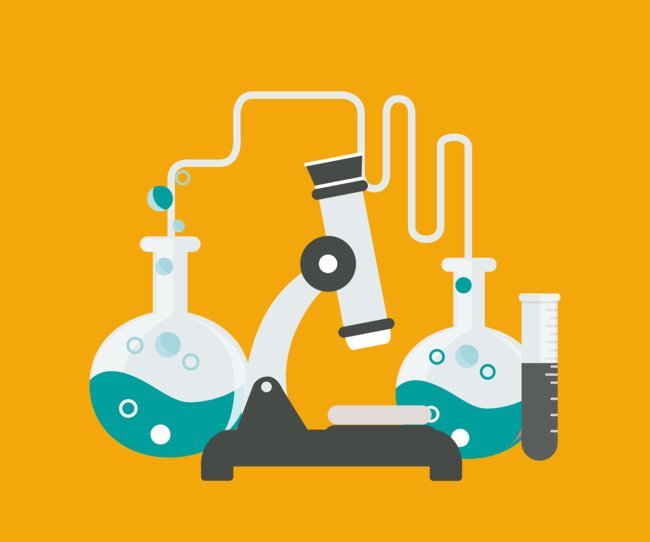In the last few days, the press has announced the creation of what have been called “giant pharma companies”: two new companies that will produce biological medicines, each one made up of four existing drugs companies.
In fact, no giant drugs company has actually been created as the government hoped when it attempted to bring about the merger of some Brazilian drug companies a few years back. Today’s “giant drugs companies” are essentially pre-operational start-ups that have the objective of producing bioproducts in Brazil. What is big about them is the size of their shareholders, which are the largest domestically-owned pharma companies in Brazil, plus the Brazilian Development Bank, BNDES, should it became shareholder in these new businesses. As we do not agree with the hyperbole being used about these projects, and as they already do not exist as official corporate entities, in this document we will refer to them as BIOPHARMAS.
The strategy of producing biological drugs in Brazil is certainly commendable. Bioproducts will be one of the big growth areas of the pharmaceutical industry in the coming years, and is expected to outpace the market as a whole. Currently, five of the top ten medicines sold in the world are already biological, and medicines produced by biotechnology account for 31% of the sales of the world’s top 100 drugs. This proportion should rise to 48% by 2016, with eight biological products amongst the top ten sellers, six of which being monoclonal antibodies.
It is also commendable that BNDES should back this process, since it will surely fill a significant gap in the national health sector’s production chain, manufacturing medicines that have a significant impact on the sector’s trade deficit (US$ 11 billion/year). For this reason, it seems unlikely to us that with these investments the bank will cease all other efforts to meet the demand for novel healthcare products for Brazilian society. On the contrary, we feel sure that BNDES will continue to make robust investments and financing for the biotechnology sector.
The BIOPHARMAS have not yet announced what drugs they will have in their portfolios, but it is reasonable to assume that their initial focus will be on non-innovative products for the governmental market. Investments in novel bioproducts will probably only follow later.
At this initial stage, the news may put other groups with an eye to producing biological medicines in Brazil on hold. Although we do not believe there is a market reserve, competing with the BIOPHARMAS with the same products could be a tough call, especially considering the ease of access to public and private markets their shareholders already have.
It therefore makes more sense for the other players to watch and wait. With time, news in relation to products and markets will likely emerge, and this will resume negotiations. On the other hand, in the competitive scenario heralded by these announcements, accelerating product development plans could be the best strategy for assuring future market share.
In this respect, it is important to mention that whatever drugs are produced by the BIOPHARMAS, it is unfeasible for these two companies alone to produce all the biological drugs Brazil needs in the short- to mid-term. Biologicals require such a wide range of technologies, platforms and infrastructure that would be hard to one plant alone to meet all these requirements. As such, we believe that opportunities for investing in other groups and biological production initiatives will continue to exist in Brazil.
Likewise, we do not expect to see all the efforts and initiatives concentrated in just these two companies, which would have a massive impact on the sale of bioproducts in the country. We understand that each of the BIOPHARMA’S shareholders will continue to have its own strategies for producing, licensing and selling biological products. Some of them, like Cristália, have already made major investments in biological production plants, and there is no reason for this to stop after the new company is created.
In this scenario, competition between the companies that are members of the new initiatives will continue to exist in terms of accessing technologies, molecules under development and finished products in Brazil and abroad. This is good news for small biotechnology companies from Brazil and for foreign companies with novel products, which will not be restricted to just two technology licensees and two distribution channels for their products in the country. We do not believe such market concentration will occur.
Along with what has so far been mentioned, the initiatives will enable a critical mass to be created in the research, development and production of biological products, and will benefit other companies that supply services and products in the biopharmaceuticals supply chain. We also hope that the new demands will help improve the regulatory environment, which the sector’s players believe to be the main obstacle for its development.
To sum up, we are upbeat about the effects that creating the BIOPHARMAS might have on the biotechnology sector. Not long ago, we were saying that the sector needed something big and new to boost its development in the country. The latest announcement could have precisely this effect.
By Eduardo Emrich Soares, President & CEO of Biominas Brasil
Ainda não recebemos comentários. Seja o primeiro a deixar sua opinião.






Leave a Reply